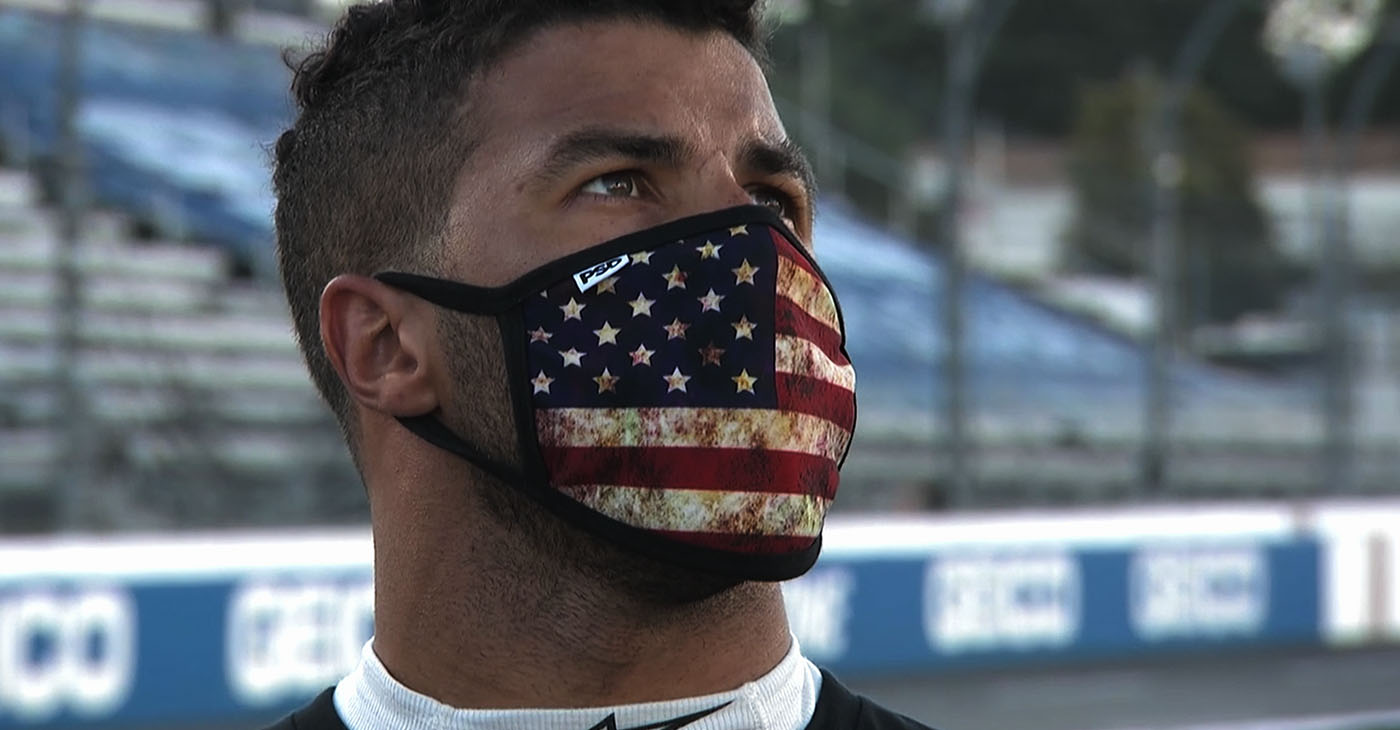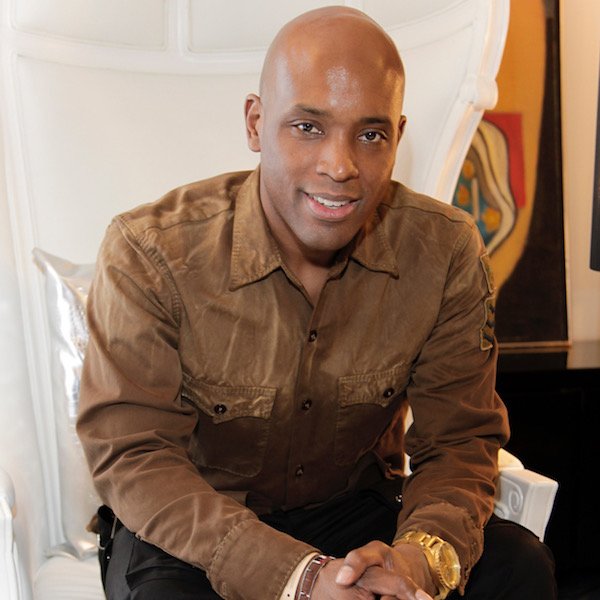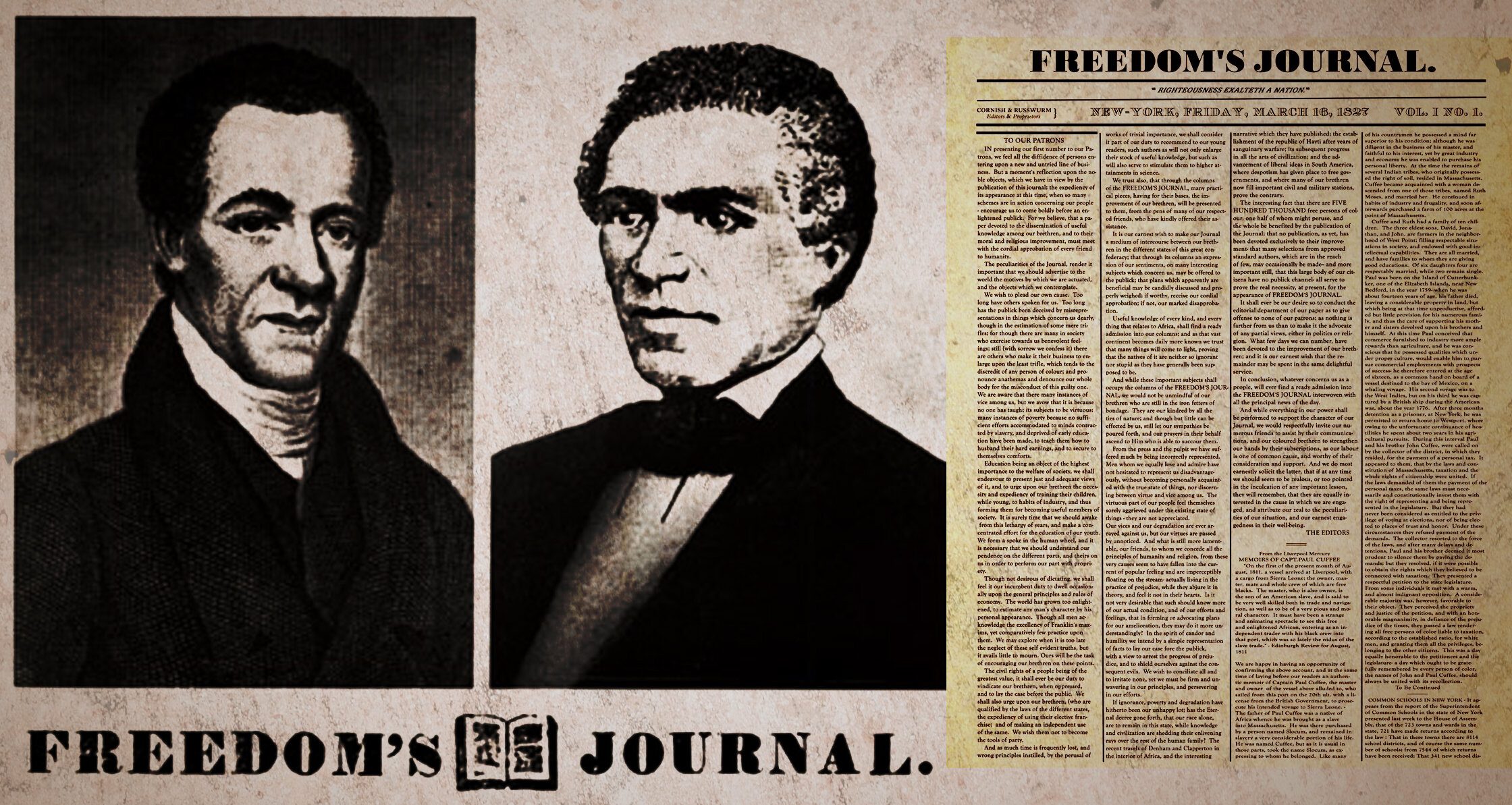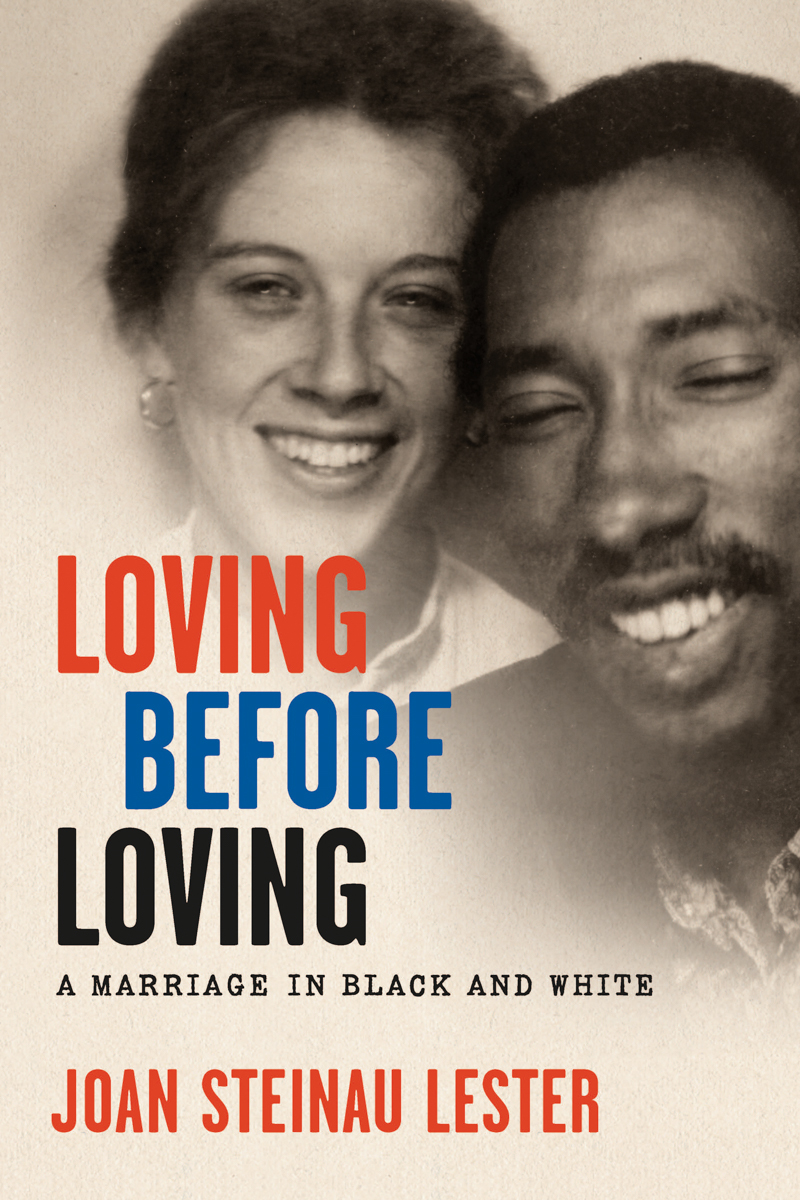Chicago Defender
The Importance of Exposing Underprivileged Youth to Travel
CHICAGO DEFENDER — In a city like Chicago — particularly in black and brown areas — children live in segregated “bubbles.” These bubbles — in addition to operating in survival mode — mentally affect the way children move and think. While many activists and mentors venture into neighborhoods to fix the problems that exist there, it is also imperative to create opportunities that take kids out of those same areas. This would expose the children to outside experiences in efforts to help them see the world and themselves differently.
Survival is the primary focus for many families in underserved communities. Between crime, the lack of school funding for proper education, police tensions and the struggle to make a decent living wage, “survival” covers a multitude of concerns.
In a city like Chicago — particularly in black and brown areas — children live in segregated “bubbles.” These bubbles — in addition to operating in survival mode — mentally affect the way children move and think. While many activists and mentors venture into neighborhoods to fix the problems that exist there, it is also imperative to create opportunities that take kids out of those same areas. This would expose the children to outside experiences in efforts to help them see the world and themselves differently.
This is where the gift of travel comes into play. Exposing underprivileged youth to travel sparks positive change in those who rarely — if ever — get a chance to see other parts of their own city, much less the country.
Tammera Holmes, founder of the Aerostar Avion Institute, uses her non-profit to take kids out of poverty–stricken areas to expand their minds through aviation.
“Most minority kids in the city of Chicago have not left within a five-mile radius of their homes,” said Tammera. “We’ve actually taken kids to the beach to fly kites and they had never touched sand before. So, I think that a lot of things that we take for granted as travelers, a lot of kids just don’t know.”
Personally, there wasn’t much talk about world travelers on the Southside of Chicago where I grew up in the Roseland neighborhood. In a home where my parents struggled to make ends meet to feed three girls, the only vacation that I remember ever taking was a road trip to King’s Island in Ohio. It wasn’t much, but to a 12-year–old girl who hadn’t seen any of the world, it meant everything. I boarded a plane for the first time at the age of 30 and didn’t receive my first passport stamp until I was 38. Seeing the world opened my eyes and changed my perspective and so many prejudices I had. More importantly, it gave me an insatiable appetite to want more for myself — more experiences, more knowledge of other cultures and more connections to the world. I often wonder how many other adults feel that their lives would be more enriched if they had the opportunity to travel at a young age.
Tamar Manasseh is the president and founder of Mothers/Men Against Senseless Killings in Chicago.
“Travel is essential to who we are — to our spirit. If we’re made up of all these things, we have to see different things. When we don’t, I think our souls are yearning to be bigger than what they are.”
Tamar knows, all too well, the struggles that youth from poor communities face every day. She is currently working on several programs that would afford her Englewood mentees opportunities to travel the country and learn about music and agriculture.
To stretch the minds of youth through travel, we need to have larger discussions. The myth that travel is only for rich whites needs to be dispelled as African Americans have added a whopping $63 billion dollars to the tourism economy as of 2018, according to a study conducted by Mandala Research. In addition, more non-profits and grassroots organizations need to be formed to give kids a chance to see the world.
The opportunity to see more encourages kids to be more. The sense of freedom, awareness and self-esteem gained through travel is more valuable, even, than what a child can gain from a book. Obviously, it won’t solve all the problems of youth in poor communities, but travel is certainly one of the many vehicles to push toward positive change.
“Travel far enough to meet yourself” – David Mitchell
Visit www.theloveoffoodandtravel.com for more travel information. Contact: info@theloveoffoodandtravel.com.
This article originally appeared in the Chicago Defender.
#NNPA BlackPress
“Race: Bubba Wallace” and the Future of NASCAR
CHICAGO DEFENDER — 300 Entertainment, the label home of Megan Thee Stallion launched a content and film division, 300 Studios. 300 Studios is headed by Kevin Liles, who is chairman and CEO of both 300 Entertainment and Elektra Music Group, with former Viacom executives Kelly Griffin as head of creative strategy and Nolan Baynes as GM.
The post “Race: Bubba Wallace” and the Future of NASCAR first appeared on BlackPressUSA.

Danielle Sanders, Managing Editor, Chicago Defender
Race: Bubba Wallace is a six-episode docuseries following the life and career of Bubba Wallace, the only full-time black driver in the NASCAR cup series. “RACE” follows Wallace as he competes on Michael Jordan and Denny Hamlin’s racing team and uses his platform to speak out about racial injustice.

Photo courtesy of Netflix
300 Entertainment, the label home of Megan Thee Stallion launched a content and film division, 300 Studios. 300 Studios is headed by Kevin Liles, who is chairman and CEO of both 300 Entertainment and Elektra Music Group, with former Viacom executives Kelly Griffin as head of creative strategy and Nolan Baynes as GM.
Race: Bubba Wallace is 300 Studios’ debut project. The studio currently has 30 projects in development including films, TV Series, and podcasts.

With over 15 years in Music Programming, Development, and Marketing for various companies including Clear Channel, Viacom, REVOLT TV and, now as head of creative strategy for 300 Studios, Kelly “Kelly G” Griffith has honed a unique talent of identifying up and coming superstars that ultimately prove to be profitable on various linear and digital platforms through an increase in streaming, record and ticket sales as well as overall brand recognition. From his days at WGCI to his work at BET, Kelly Griffith has also established himself as a premier programmer, talent booker, and producer.
The Chicago Defender spoke with Chicago native, Kelly “Kelly G” Griffin, head of creative strategy and one of the executive producers of the docuseries, Race: Bubba Wallace about the impact Bubba Wallace is having on the sport, the Netflix docuseries, and the future of 300 Studios.
Race: Bubba Wallace is currently streaming on Netflix.
The post “Race: Bubba Wallace” and the Future of NASCAR appeared first on Chicago Defender.
The post “Race: Bubba Wallace” and the Future of NASCAR first appeared on BlackPressUSA.
#LetItBeKnown
The Black Press of America Celebrates 195 Years of Pleading the Cause of African Descendants Everywhere
NNPA NEWSWIRE — From Freedom’s Journal to the North Star to John Abbott’s Chicago Defender, African American-owned newspapers have sparked fires for truth and equality that have burned with the passion of fighting for freedom throughout history. Wednesday, March 16, 2022, marked the 195th anniversary of the Black Press of America, whose global impact remains undeniable. It all began with Freedom’s Journal.
The post The Black Press of America Celebrates 195 Years of Pleading the Cause of African Descendants Everywhere first appeared on BlackPressUSA.

By Stacy M. Brown, NNPA Newswire Senior National Correspondent
@StacyBrownMedia
On March 16, 1827, Samuel E. Cornish and John B. Russwurm founded the first Black-owned newspaper in the U.S.
They did so because there were no Black voices in the debate over the abolition of slavery.
In their first editorial, Cornish and Russwurm wrote: “in short, whatever concerns us as a people, will ever find a ready admission into the Freedom’s Journal.”
“One hundred and ninety-five years later, the mission of the Black Press has not changed,” Washington Informer Publisher Denise Rolark Barnes wrote in an editorial.
“No matter whether Black Press journalists are invited to a seat at ‘their’ table, the voices of those the Black Press represents will always have a seat at ours,” Rolark Barnes wrote.
From Freedom’s Journal to the North Star to John Abbott’s Chicago Defender, African American-owned newspapers have sparked fires for truth and equality that have burned with the passion of fighting for freedom throughout history.
Wednesday, March 16, 2022, marked the 195th anniversary of the Black Press of America, whose global impact remains undeniable. It all began with Freedom’s Journal.
On March 16, 1827, they announced its presence with a front page that contained these words:
“We wish to plead our own cause. Too long have others spoken for us.”
The 4-page edition included stories about the struggle to end the horrors of slavery, lynching, and social injustice.
It also informed the African American community of international news of particular interest like Haiti and Sierra Leone events.
Freedom’s Journal featured African American men and women biographies, schools, jobs, and housing opportunities.
For nearly two centuries, the 230 African American-owned newspapers and media companies, represented by the National Newspaper Publishers Association (NNPA), have proudly carried that legacy.
The bond between Black America and the Black Press remains strong.
“Relationships, which have been the cornerstone of the Black community and the Black Press for 195 years, have always been its messenger in cementing that bond,” remarked Westside Gazette Publisher Bobby Henry.
Dr. Toni Draper, the publisher of the 130-year-old AFRO in Baltimore and Washington, also noted the enduring value of the Black Press.
“The contribution of the Black Press is invaluable. If not for the Black Press, there would be a lot of things we would not have documented in terms of the African American experience,” Dr. Draper said.
“The Black Press was founded in 1827, and African Americans were not in any of the pages of the white-owned press unless there was an advertisement of our sale, of our resale, or us having run away from slave owners or plantations.”
Dr. Draper continued:
“The Black Press is one of the only places where you can find news and information and commentary about, by, and for African Americans across the spectrum. You don’t have to do anything wrong to make the pages of the Black Press; you don’t have to do anything famous. The Black Press covers the totality of the Black experience in the United States and beyond.”
The anniversary of the Black Press is a reminder of the contributions that remain indelibly associated with the fearlessness, determination, and success of the Black Press.
Those contributions include the works of Frederick Douglass, WEB DuBois, Ida B. Wells, Patrice Lumumba, Kwame Nkrumah, and former NNPA Chairman Dr. Carlton Goodlett.
Douglass, who helped enslaved people escape to the North while working with the Underground Railroad, established the abolitionist paper, The North Star, in Rochester, New York. He developed it into the most influential Black antislavery newspaper published during the Antebellum era.
The North Star denounced slavery and fought for the emancipation of women and other oppressed groups with a motto of “Right is of no Sex – Truth is of no Color; God is the Father of us all, and we are all brethren.”
Today, the Black Press continues to reach across the ocean where possible to forge coalitions with the growing number of websites and special publications that cover Africa daily from on the continent.
“The spirit of Black journalism, which Russwurm and Cornish inspired, found its way to Houston 128 years later through a vision given to a local Black businessman to birth a newspaper that positively reflected the Black community, while also reporting the hard truths happening in our communities on the local, state, and national level,” Houston Forward Times Associate Editor Jeffrey Boney declared.
The evolution of the Black Press, the oldest Black business in America, had proprietors take on issues of chattel slavery in the 19th century, Jim Crow segregation and lynching, the great northern migration, the Civil Rights Movement, the transformation from the printing press to the digital age and computerized communication.
With the Plessy vs. Ferguson Supreme Court ruling that said no Black man has any rights that a white man must honor, there came a flood of Black publications to advocate for Black rights and protest the wrongs done to Blacks.
Today, the Black Press continues to tackle domestic and global issues, including the coronavirus pandemic and its effects on all citizens – particularly African Americans.
“This is an important story about the history of the Black Press of America that has consistently been the freedom fighting voice of African people in America and throughout the world for 195 years without waiver or distortion of the truth,” stated NNPA President and CEO Dr. Benjamin F. Chavis, Jr.
“Today, in 2022, the Black Press remains the vital source of news and information for 50 million African Americans,” he added.
Chavis continued:
“On this momentous anniversary, the NNPA salutes all the African American-owned newspapers and media companies that are affiliated with the NNPA’s expanding network of over 230 media properties and channels.
The post The Black Press of America Celebrates 195 Years of Pleading the Cause of African Descendants Everywhere first appeared on BlackPressUSA.
Activism
Civil Rights Before the Loving Decision
Loving v. Virginia was a landmark civil rights case in 1967 that recognized marriage as a fundamental right guaranteed by the Fourteenth Amendment of the U.S. Constitution, which includes the Due Process Clause and the Equal Protection Clause.

Not so recently in the United States, same sex marriages were illegal. In the last century, there were laws on the books that prohibited folks from different races marrying.
Loving v. Virginia was a landmark civil rights case in 1967 that recognized marriage as a fundamental right guaranteed by the Fourteenth Amendment of the U.S. Constitution, which includes the Due Process Clause and the Equal Protection Clause.
In 1958, Mildred Loving, a Black woman, and Richard Loving, a white man, were convicted and sentenced to a year in prison for violating the state of Virginia’s laws prohibiting their marriage.
That conviction was overturned by the Supreme Court in 1968, ending discrimination in marriage based on race.
The Loving decision was a catalyst in 2015 to help abolish discrimination in marriage in same-sex marriages, which allowed for equality in the LGBTQ communities of all races including this author.
Before the Loving decision, Joan Steinau, a white woman, married Julius Lester, who at the time was a singer and a photographer for the Student Nonviolent Coordinating Committee (SNCC). Julius later became a writer.
Joan and Julius were divorced in 1970.
Next month, Joan’s memoir, “Loving before Loving: A Marriage in Black and White,” will be released. In the book, she recounts her marriage to Julius Lester before the Loving decision in the midst of the civil rights era as a wife, mother, and activist.
In an interview with the Post, she said, “Given both the erasure and distortion of Black lives as presented in the white-led media, the existence of a robust Black press . . .has been essential to the survival and thriving of Black community.”
Quoting the Chicago Daily Defender in her memoir, she said, “When one of its reporters asked President Truman, after he said school integration might lead to intermarriage, ‘Would you want your daughter to marry a Black man if she loved him?’ The president responded with a typical segregationist attitude of the time, ‘She won’t love anybody that’s not her color.’ It was important for the Black reporter to be there, because of course he assumed the possibility that naturally she could love anyone and pointed that out with his question.”
She added, “That’s just one example of a long history of significant advocacy and reportage by hundreds of Black newspapers over the last 150 years. The Post News Group has jumped into the gap regionally to fill this important space, and I’m grateful for it. Until we have true representation of all experiences/perspectives at major media outlets, we will continue to need media targeted to excluded groups.
“My own history with Oakland/Berkeley dates to the 1980s when I began to visit from the East Coast and plot a way to move here. In 1991, my wife and I did settle in Berkeley. We immediately joined a predominantly Black church in Oakland and began creating a friendship circle. The diverse culture here was high on our list of reasons to move from our predominantly white area in New England. And it has been everything we hoped for.”
Joan Lester dedicates this memoir to her wife, Carole. In addition to this memoir, she is a commentator, columnist and book author.
“Loving before Loving A Marriage in Black and White” by Joan Steinau Lester is available for pre-order now and on sale on May 18 on Amazon and at local bookstores.
For more information log onto JoanLester.com.
Wikipedia was a source for this story.
-

 Activism4 weeks ago
Activism4 weeks agoOakland Post: Week of March 27 – April 2, 2024
-

 #NNPA BlackPress4 weeks ago
#NNPA BlackPress4 weeks agoCOMMENTARY: D.C. Crime Bill Fails to Address Root Causes of Violence and Incarceration
-

 #NNPA BlackPress4 weeks ago
#NNPA BlackPress4 weeks agoMayor, City Council President React to May 31 Closing of Birmingham-Southern College
-

 #NNPA BlackPress4 weeks ago
#NNPA BlackPress4 weeks agoBeloved Actor and Activist Louis Cameron Gossett Jr. Dies at 87
-

 Community1 week ago
Community1 week agoFinancial Assistance Bill for Descendants of Enslaved Persons to Help Them Purchase, Own, or Maintain a Home
-

 Activism3 weeks ago
Activism3 weeks agoOakland Post: Week of April 3 – 6, 2024
-

 Business1 week ago
Business1 week agoV.P. Kamala Harris: Americans With Criminal Records Will Soon Be Eligible for SBA Loans
-

 Activism2 weeks ago
Activism2 weeks agoOakland Post: Week of April 10 – 16, 2024





















































